Economics
While money might be a relatively new introduction to human society, the concept of trade, battering and early economics are not. In this section the articles and podcasts will draw out the questions of what are economics, how they have changed over time and what is the South Sea bubble?
Sort by:
Date (Newest first) | Title A-Z
Show:
All |
Articles |
Podcasts |
Multipage Articles
-
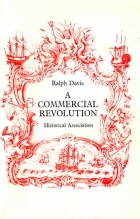
A Commercial Revolution
ArticleClick to view -
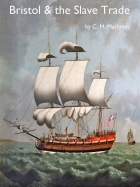
Bristol and the Slave Trade
ArticleClick to view -

Cunning Plan 175: Using the England's Immigrants database
ArticleClick to view -

Currency and the Economy in Tudor and early Stuart England
ArticleClick to view -
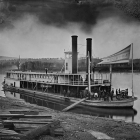
From Sail to Steam
ArticleClick to view -
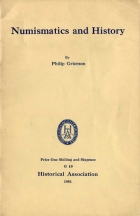
Numismatics and History
ArticleClick to view -

Podcast Series: Origins of the European Financial Markets
Multipage ArticleClick to view -
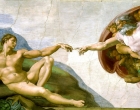
Podcast Series: The Renaissance
Multipage ArticleClick to view -

Polychronicon 177: The New Deal in American history
ArticleClick to view -
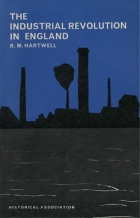
The Industrial Revolution in England
ArticleClick to view -
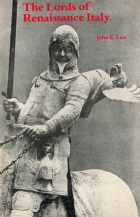
The Lords of Renaissance Italy
ArticleClick to view -

The Past, the Present and the Future of the Economic Crisis, through Greek Students’ Accounts of their History
ArticleClick to view

